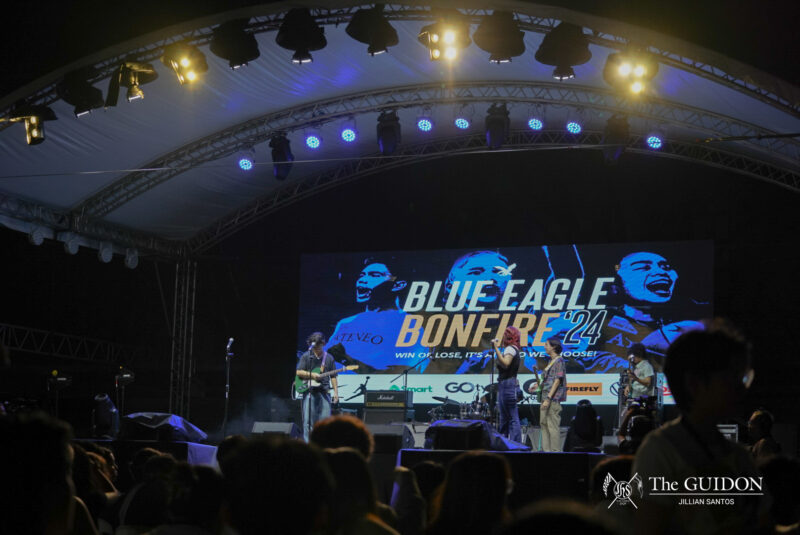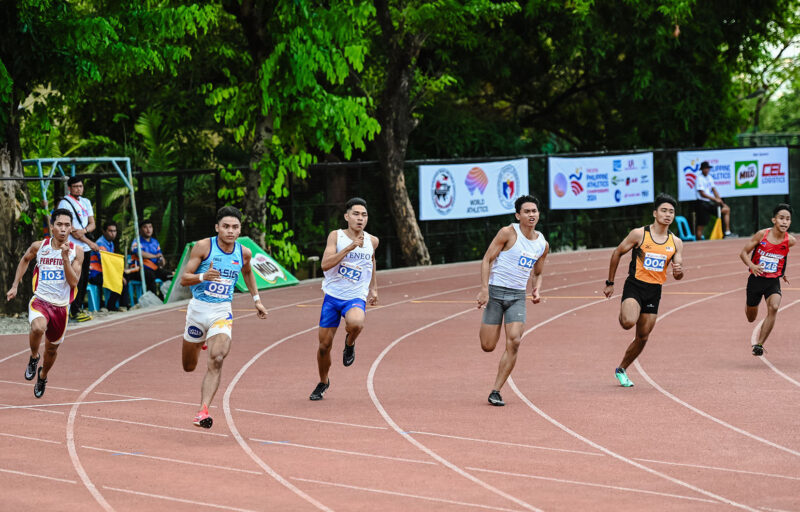“They don’t do anything. What do they do?”
Budget Secretary Benjamin Diokno did not mince words when he announced that the Presidential Commission on Good Government (PCGG) was facing the chopping block. The plan is one of many such methods at furthering the Duterte administration’s goal of “rightsizing” the government.
This is hardly the first time the abolishment of the PCGG was suggested. Founded during former President Corazon Aquino’s 1986 revolutionary government, the PCGG was criticized for being feckless and costly. Even under the administration of her son former President Benigno Aquino III, there were recommendations to shutter the agency.
Critics point to the meager success of the agency. After 30 years, only about Php 170 billion (USD 3.6 billion) have been recovered out of an estimated USD 5-10 billion looted by the Marcos regime.
Even the integrity of the commission in fulfilling its mandate was questioned, as allegations of corruption emerged. These allegations were proven when former PCGG Chair Camilo Sabio was convicted of graft in two contracts worth Php 12.127 in total with the United Coconut Planters Bank in 2007 and 2009.
But the unrecovered money only serve to underscore the immensity of the plunder by late President Ferdinand Marcos and his retinue of cronies.
The predatory state
When Marcos first rose to power in 1965, he set his sights on the rent-seeking oligarchy that according to him, stunted the development of the country.
“The values of the old society were such that the partnership between the public and private sectors was, in many instances, a conspiracy to enrich and increase the power of the few,” he wrote in 1977.
His solution was a “revolution from the center,” where only a benevolent dictator could crush the power of the entrenched elites. Marcos demonized his enemies as agents of the old order so that the Bagong Lipunan (New Society) could emerge.
His go-to boogeymen were the Lopezes who held large tracts of sugar land in Negros and Panay. Under patriarch Eugenio Lopez, the Lopezes were able to control the vital sectors of the economy: power distribution (Meralco), television networks (ABS-CBN), and the newspapers (Manila Chronicle). Eugenio’s brother, Fernando Lopez, rose to power as the Vice President of the Philippines from 1949-1953 and 1965-1972.
After the declaration of martial law in 1972, Marcos quickly went to work, jailing his opponents and confiscating their properties. In their place, Marcos installed close friends and relatives who extracted as much rent as they could.
Marcos’ cast of characters included banana magnate Antonio Floirendo Sr., sugar baron Robert “Bobby” Benedicto, and San Miguel Corporation boss Eduardo “Danding” Cojuangco, among others.
Ruling unopposed, the Marcoses were free to ransack the coffers of the state to fund their lavish lifestyles.
“The Marcoses had stashed ill-gotten wealth so huge to the point that they could live like kings and queens for 20 lifetimes,” says Philip Lustre Jr., a veteran journalist who covered the PCGG beat during the turbulent years after Marcos’ downfall.
Delayed reckoning
In the aftermath of the 1986 EDSA Revolution, several cronies readily came forward and surrendered their assets to the PCGG. Still, several others, including the Marcoses themselves, fought attempts to recover the ill-gotten wealth.
After the Marcoses fled the country for Honolulu and left behind stacks of evidence of their crimes, the Aquino government should have had an easy time retrieving the stolen money. However, this was not the case, says Lustre. Inconsistencies in policy clouded the PCGG.
“There was a divergence of opinions [in the PCGG]. ‘Yung mga doves, magsasabi sila, ‘Tatagal ‘yan eh—areglo na tapos isoli mo’… Sabi naman ng iba, ‘Ay hindi, i-demanda mo ‘yan. They committed a crime to the Filipino people.’ Siyempre, mga hardline yan eh. ‘Yung iba naman, pragmatist, practical,” says Lustre.
(There was a divergence of opinions [in the PCGG]. The doves would say, ‘This will take long—settle out of court [with the cronies] so they will give it back.’ Others would say, ‘No, file the case in court. They committed a crime to the Filipino people.’ Of course, those were the hardliners. The others were pragmatic, practical.)
Moreover, the fact that the commission was the first of its kind meant that investigators could not base their methods on any historical precedent.
“How would you recover ill-gotten wealth? You look to the experience of other countries, wala ka talagang makita eh (you will not find any example). This was something new,” he says.
Eventually, as the post-EDSA spirit lost steam, the Marcos cases took a backseat to other more pressing issues, and the vigor of the PCGG was strangled by the lethargic processes of the courts.
Time to go?
Despite being more than 30 years in existence, there is still no end in sight for the PCGG. Lustre says that it has a long way to go to complete its mandate.
“You cannot recover something that you do now know… ang mandate niyan…to identify the ill-gotten wealth. Marami pa ‘yan eh (There is still a lot to be uncovered),” he says.
The PCGG still has some fight in it left. The commission has been one of the most efficient agencies in the national government, exceeding its 2017 remittance target. However, in the midst of the rehabilitation of the Marcos family and an administration only too happy to assist in it, the PCGG is bound to run into problems.
This is especially so as Duterte announced that the Marcos family would give back a portion of the ill-gotten wealth to help finance the government’s projected deficit. Such a move would have repercussions on the pending cases.
For their part, acting PCGG Chair Reynold Munsayac says that they welcome any move to help the PCGG “fulfill its mandate.”
However, critics such as Lustre are wary of the move, saying it warrants further investigation. “These [gold bars] were things we never knew before,” he says.
Whether or not the PCGG deserves to be abolished, one thing is clear—justice remains unserved.




